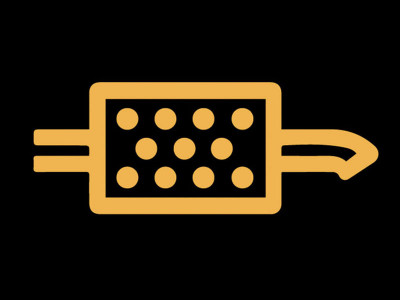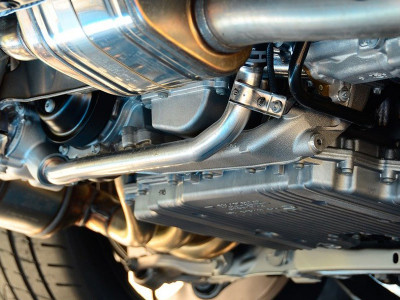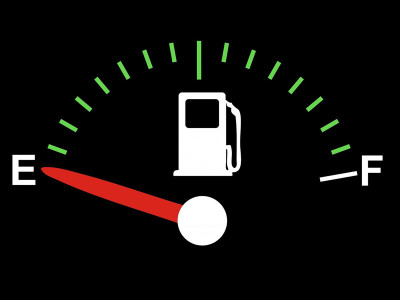Diesel Particulate Filter (DPF)
Given the average size of a DPF there's no way that it can hold all of the soot generated between service intervals. So to get around this they have a 'regeneration process' whereby the soot is periodically burned off. The ECU will decide when this needs to be done and will start the process without any driver intervention. If this process doesn't complete you'll often see the orange warning light (see image below).

When you see this it's vital to take the car out for a good run (ideally a motorway run) to give it chance to run the regeneration process. Running the car with this warning light on for months and not allowing it to regenerate can lead to significant engine problems and costs.
DPFs can cost into the thousands so maintaining yours is very important, especially on older cars where the replacement cost could easily write the car off value wise.

The DPF warning light is showing on the dashboard
The DPF (Diesel Particulate Filter) warning light (as seen in the image) is lit up on the dashboard. Clearly this is only relevant on a diesel car.

Car switches to limp mode
The car has switched to limp mode, this is often confirmed by a message on the dashboard saying that the car is in this restricted mode, this is generally in order to protect the engine from damage as it has detected something wrong with a part.

Engine doesn't start up and/or cuts out when running
The engine doesn't start up very easily and will often not start at all. When it is running it can cut out completely without warning.

Fuel consumption seems above normal range
The fuel gauge seems to be going down quicker than usual, the car is using more fuel when driving in the same way as before.

Car acceleration or performance is not as strong as normal
When putting your foot on the accelerator the car does not respond with the same urgency of acceleration. It feels like there is a lag between putting your foot down and the car accelerating, when it does accelerate it feels like a much slower change in speed.